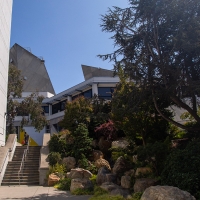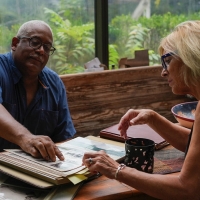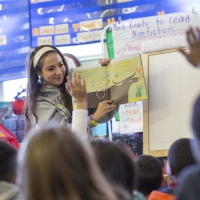Exhibition caps massive project to digitize agricultural labor research material
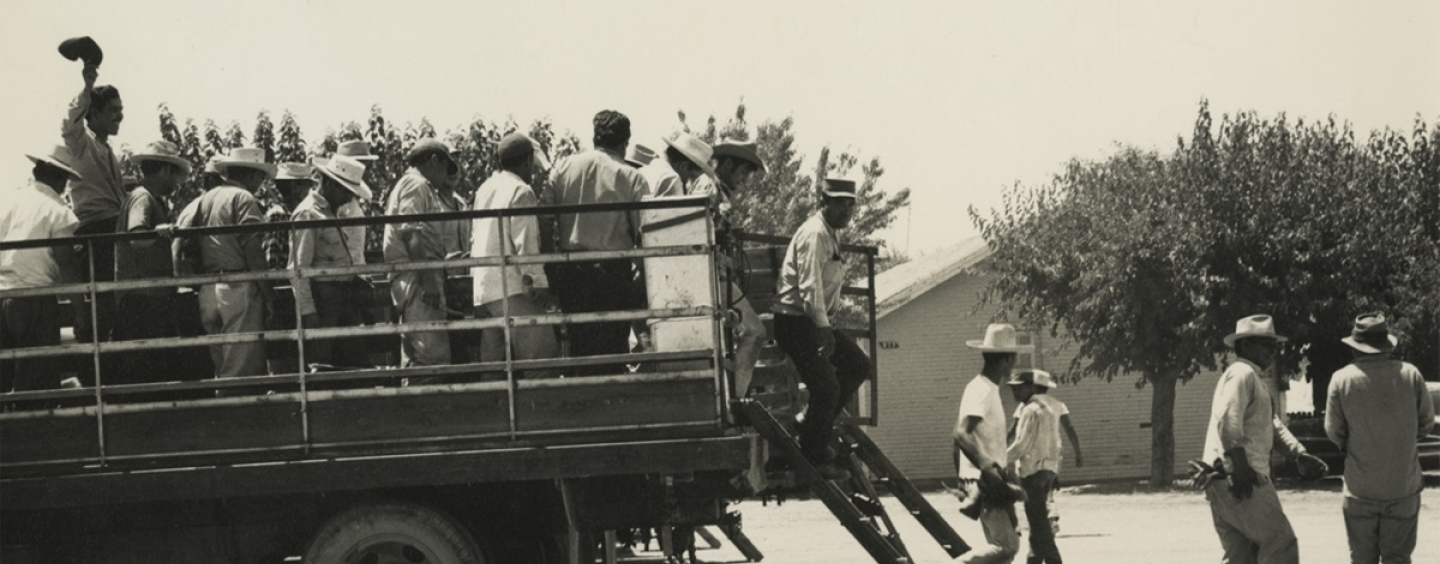
‘Fields of Struggle: Agricultural Laborers in California, 1939 – 1966’ is based on more than 1,400 items collected by researcher and activist Henry P. Anderson
When San Francisco State University’s Labor Archives and Research Center (LARC) holds its annual program Thursday, Feb. 29, it won’t just celebrate the 38th anniversary of the event series’ launch. It will also mark the culmination of a two-year, labor-intensive effort to digitize the life’s work of one of California’s most notable labor researchers.
The free, open-to-the-public event — to be held 5 – 7 p.m. in room 460 of the J. Paul Leonard Library — will also serve as the official opening of a new exhibition, “Fields of Struggle: Agricultural Laborers in California, 1939 – 1966.” The exhibition showcases material from the Henry P. Anderson Papers, a collection of audio interviews, film footage, photographs, periodicals and more documenting the experiences of California agricultural workers. Anderson was studying for a master’s in Public Health at the University of California, Berkeley, in the mid-1950s when he began collecting the material as part of a thesis project on Mexican agricultural workers. Anderson became convinced that the program that allowed the workers to come temporarily to the U.S., known as the Bracero Program, was riddled with abuses, and he used his research to advocate for change. He remained active for years afterward as a labor activist and historian.
Consisting of 1,460 items, the Henry P. Anderson Papers was catalogued and digitized under the direction of San Francisco State Digital Archivist Leah Sylva. Now it’s not just the backbone of the “Fields of Struggle” exhibition. It will be available online to researchers anywhere, anytime.
“Now researchers worldwide can access the correspondence, photographs and interviews remotely without needing to travel to campus,” Sylva said. “Also the selection process curates a sampling of material, presenting objects with high research value without the considerable labor usually required to hunt through archival cartons for relevant items.”
Anderson (pictured, right) passed away in 2016. He had supported LARC with charitable donations and had conversations with staff members about leaving the center his papers. Two years ago, the Anderson Family Trust brought that to fruition with a generous grant covering the cost of organizing and digitizing the papers. The papers were donated by the family and processed in 2019 – 2020 by Archival Processing Team Lead Eva Martinez.
A number of Anderson’s children and grandchildren will be on hand for the “Fields of Struggle” opening event Feb. 29.
“It is tremendously gratifying, rewarding and moving, for myself and my family, to know that my father’s work now is memorialized in digital form and lives on as a resource for labor researchers and historians,” said Dori Anderson Rodriguez, Anderson’s daughter. “My father’s labor research materials, which included recorded interviews, photographs and writings, was to him his most valuable and important legacy. It brings us great pride and gratification to know that his research is now preserved and can be used now and in the future.”
“Fields of Struggle: Agricultural Laborers in California, 1939 – 1966” will be open for class visits throughout 2024. Anyone interested in scheduling a visit should email Sylva.
The Feb. 29 LARC event will feature keynote speaker Mireya Loza, author of “Defiant Braceros: How Migrant Workers Fought for Racial, Sexual and Political Freedom.” Learn more on the J. Paul Leonard Library website.
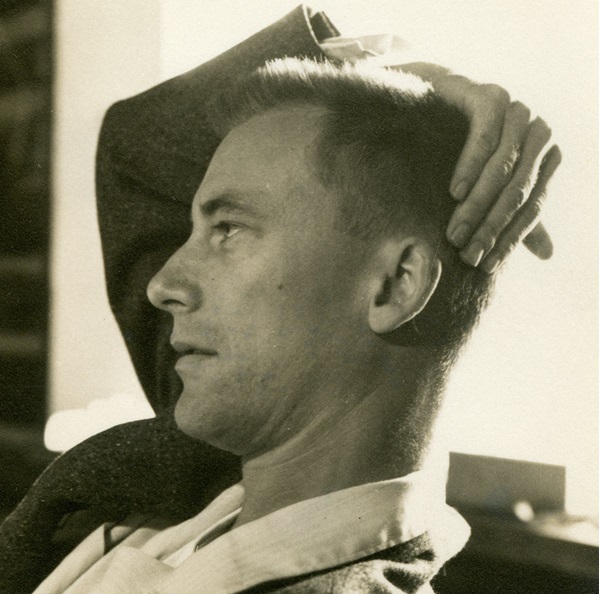
Tags
